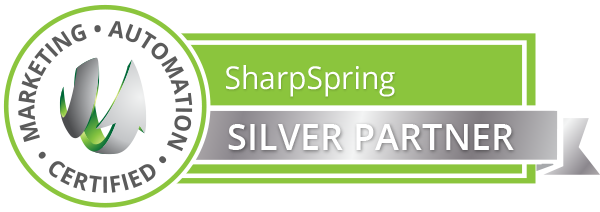Determine your needs: Start by outlining what features and functionality you need for your website. Consider the type of content you’ll be publishing, the number of users who will be accessing the site, and the level of customization you require.
1 Evaluate ease of use: Look for a CMS that is easy to use, with an intuitive interface that allows you to easily add, edit, and manage content. You should also consider the learning curve for your team and ensure the CMS is accessible to both technical and non-technical users.
2 Consider scalability: Your website needs may grow and evolve over time, so it’s important to choose a CMS that can scale with your needs. Look for a CMS that can handle a large volume of content and traffic, and that can easily integrate with other systems or tools.
3 Review security and performance: Security and performance are critical for any website. Look for a CMS that offers robust security features, such as user permissions and two-factor authentication, and that is optimized for speed and performance.
4 Evaluate community and support: Look for a CMS with an active community of developers and users who can offer support and guidance. Consider the availability of documentation, forums, and other resources to help you get started and troubleshoot issues.
5 Consider the cost: CMS costs can vary widely, from open-source systems that are free to use, to commercial systems that require a license fee. Consider your budget and the total cost of ownership, including hosting, maintenance, and upgrades.
6 Test drive multiple options: Don’t be afraid to test out several different CMS options before making a final decision. Many CMS platforms offer free trials or demos that allow you to try out the system before committing to a long-term contract.
By following these tips and doing your research, you can choose a CMS that meets your needs and helps you build a successful website. Need assistance? Call Southern Tide Media at 843-272-7770 and we can help walk you through your choices.


